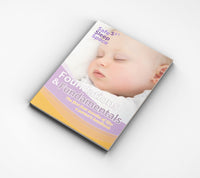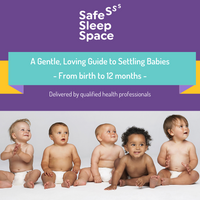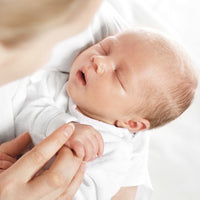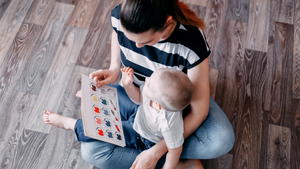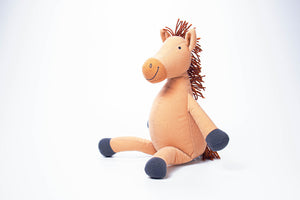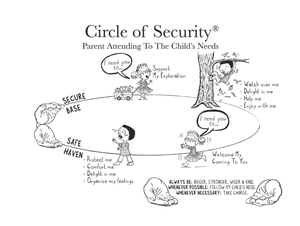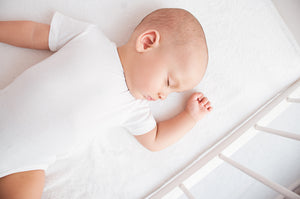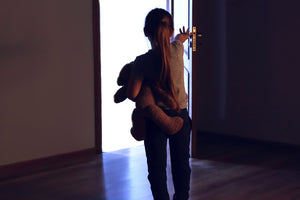How to Manage Baby Jet Lag

We, down under, often migrate to warmer climates at this time of the year. What comes with our return home is not just being back on our fine shores, but a clash of body hormones as they adjust to the crossing of time lines.
Tiny babies have virtually no circulating hormones that influence their bodies 24 hour day and night sleep behaviours initially. Once your baby is around 2 months of age they begin to have measurable levels of the hormones associated with day and night sleep, but minute amounts, one you may know is melatonin. By about 7 to 9 months these levels are well and truly evident so you may well find you AND your baby have some adjusting to do before sleep patterns are back to normal.
Sunlight governs our 24 hour day/night body clock, or circadian rhythm, which is why when we pass a day or night in a plane we end up with a confused body clock. To support your baby, be kind when they have that 4pm slump and the 4am waking which is classical of the sleep disruptions seen in jet lag.
At the afternoon dip, I suggest a nap for just one sleep cycle, around 45 minutes. As this afternoon ‘dip’ can occur quite quickly - be prepared or you may find yourself wondering why you suddenly have a screamingly tired baby. Your little babe will probably require you to wake them after that one sleep cycle so they can feed, bath and return to bed for their night sleep which will probably be earlier than normal for a while.
As the days pass, that early bed time can be moved progressively back to the regular bed time. The very early morning waking will require patience, but if you keep the environment dark and non stimulating, there is a greater chance of your little one returning to sleep… eventually.
We don’t recommend sleep training for this at all, rather we suggest you go with the flow for about a week to 10 days, and see what is needed then. Some babies bounce back after just a couple days, and some, like some adults, take a little longer.
Tips to help minimise the impact of jet lag:
- First and foremost, ‘up at dawn and to bed at dusk’ is helpful for our hormonal readjustment, but can be a tad tricky when the sun sets at 5pm – so just not too late to bed at night.
- Exposure to early morning sunshine to help reset that day/night clock pattern.
- Around 4pm your baby’s body will say ‘sleep NOW’, therefore anticipate the sudden tiredness and let your baby sleep, maybe just one sleep cycle (about 45 mins).
- That 3 to 4am waking will pass, just be kind and keep the stimulation low, lighting low, voices low and fingers crossed … low!
- Should your baby be one who is needing their night sleep to start at 5pm, just work in small time increments of adjustment and try keeping them awake for an extra 15 minutes each 2 to 3 days.
Jet lag will pass, so be kind and gentle and try to support your baby and provide sleep opportunities as needed. You may need to wake them from their late afternoon sleep so you can do the evening rituals prior to dinner and bath - before everyone collapses into bed for the night.
It helps to keep some patterns such as the evening routine as this helps babies with the readjustment to local time.
Help with looking after your baby
The Safe Sleep Space website has a variety of resources and supports to provide tips and advice on how to assist your baby with sleep. You can book a phone consultation to speak with a Sleep Consultant or you can download our free “Soothing Sounds for Sleep” Music Track based on an understanding of the meditative effect of multiple sound layers found within nature.
The Nourish Baby - Guide to Babies - is an online program that you can view in your own time. The Guide to Babies helps you to understand and care for your baby and covers key milestones, sleep and settling advice and baby development. There is a section on real parents sharing their experience of adjusting to parenthood.
Other blog posts you will find helpful:
Holidays – How to Get Your Baby Back into Their Sleep Routine
Why is infant mental health so important when it comes to sleep?
